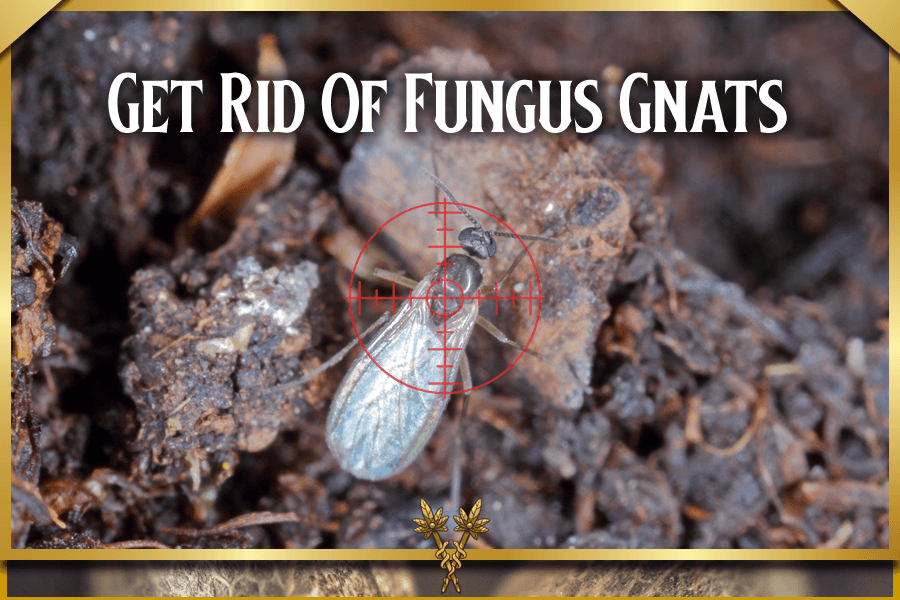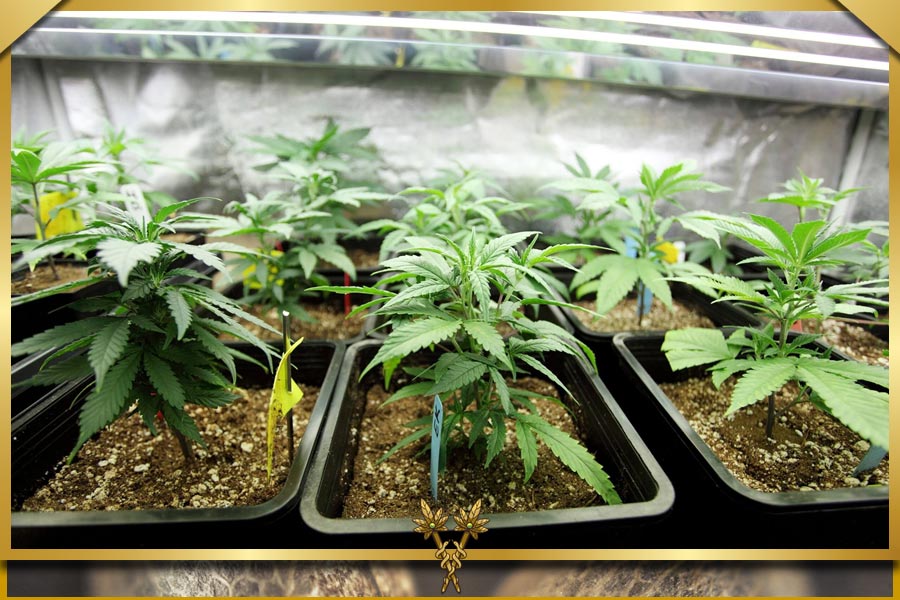Today we investigate the details when discussing The Perfect Guide To THC microdosing Marijuana.
We’ll go over what it is and the benefits of doing it.
Consuming low levels of a particular mind-altering substance in your system isn’t new. It has only recently attracted more general interest.
Since then, users have been fascinated with the notion of using their favourite plant to have fun and be successful, imaginative, content, and pain-free daily. It’s time for you to join the club as well.
What is and how does THC Perfect microdosing work?
The term “microdosing weed” refers to using small amounts of cannabis to produce specific effects. Let’s take a very fundamental look at the underlying science.
There are over 100 cannabinoids, or biologically active compounds, in a cannabis plant. The most studied, well-known, and widely available substances are THC and CBD, which makes them the most convenient to obtain in concentrated form.
Our bodies’ endocannabinoid system (ECS) is affected by these substances. The ECS is a regulatory system that controls, among other things, mood, digestion, and pain.
Cannabinoids have an impact on the ECS when cannabis enters the bloodstream. Depending on the strain, it means less pain, happiness, hunger, and either sleepiness or energy.
Cannabis microdoses start many of the same processes but on a much smaller scale. You’re consuming the right amount of THC to experience a change in mood and sensation, but not enough to be considered high.
People who use THC in small doses report feeling happier overall. They gain from improved physical health, symptom relief, and increased focus and productivity.
This practice is frequently applied as a type of medical marijuana therapy. Recreational users can also get a plant-based push towards a good life by ingesting small doses of THC several times daily.
The most recent marijuana THC microdosing research
Early research on the Perfect Guide To THC Microdosing indicated positive outcomes in pain relief.
According to a 2012 study, cancer patients experience less pain when given low doses of a THC/CBD mixture. A growing body of empirical research also supports broader claims about pain relief.
Notably, a 2020 study by Syqe Medical points to the fact that cannabis in low doses may help treat conditions that cause chronic pain. They don’t result in cognitive impairment or any other delicate side effects but improve life quality, daily functioning, and patient safety.
More research is being done to demonstrate how cannabis microdosing can assist patients in managing arthritis, headaches, and migraines.
With mental health, the situation is a little more complicated. More extensive research has revealed evidence that cannabinoids help a variety of mood disorders, but there is little specific information about microdosing.
Although there have only been a few studies on cannabis microdosing, what is known supports some beneficial conclusions. Furthermore, trying it is minimal risk, mainly if you already use cannabis regularly.
Recreational microdosers should start slowly and gradually increase their dose until they find it.
What medical conditions can marijuana THC microdosing treat?
Low-dose THC products have a wide range of medical applications, supported by empirical and scientific data. The most frequent and well-supported examples are:
Chronic pain
Cannabinoids lessen the pain signals that your body sends to your brain. They also reduce your perception of various aches and pains, including muscle tension.
As a result, consuming small amounts of THC throughout the day (especially from indica cannabis strains) enables individuals to live pain-free lives.
Inflammatory conditions
In addition to acting as an analgesic, marijuana also has anti-inflammatory properties. As a result, microdosing THC aids in the management of inflammatory conditions’ symptoms, such as allergies, asthma, and gastrointestinal problems.
Tourette syndrome
THC microdosing in Tourette patients lowers the frequency and severity of muscular tics. Also, among the primary triggers of tics is anxiety. Patients who use cannabis report feeling less anxious and stressed overall.
Sleep disorders
Cannabis strains with a high indica content are excellent for treating insomnia, while those with a higher Sativa content uplift and energise.
You can avoid taking sleeping pills at night by microdosing on marijuana. Low-dose THC products can take the place of your morning coffee and get you up and moving.
PTSD
Insomnia and nightmares, as well as the anxious and depressive symptoms of PTSD, are all alleviated by cannabinoids. As a result, cannabis microdosing benefits patients by assisting in symptom management without impairing their capacity to function and remain conscious.
Depression
Consider how marijuana makes you feel. You’re grinning after a puff, even if it’s the most sedating, sleep-inducing strain.
When you smoke enough to feel high, that is. THC microdosing also causes mood change, enabling patients to continue living with higher baseline happiness levels.
Anxiety conditions
When you smoke marijuana, your shoulders and neck are free of stress, tension, and worry. When used sparingly, these anti-anxiety properties manifest without producing a euphoric high, allowing you to manage your daily tasks while remaining alert, focused, and unburdened.
Marijuana and meditation have a positive, well-studied relationship that is also an excellent anxiety treatment.
Opioid dependence
Opioids are addictive, whether found in potent drugs or prescription-only synthetic painkillers. Pain, insomnia, and vomiting are examples of withdrawal symptoms.
Microdosing marijuana supports you as you detox by influencing your pain receptors, making your body feel a little better without the drugs.
How to measure a cannabis microdose?
You need to understand what you’re dealing with before you can learn how to microdose marijuana. This method is not always as easy as taking a puff every few hours. Let’s talk about where to begin and where to go after that.
As a general rule to the Perfect Guide To THC Microdosing is each serving of a cannabis product should contain 10 mg of THC. Anything less than that, sometimes as low as 1 mg, would be considered a microdose of THC.
These dosage recommendations are reasonable in theory, but tolerance varies from person to person and from one ingestion method to another. To find your ideal cannabis microdose, you’ll need to experiment a little.
This is how:
- Begin sober. Please consider how easily you can breathe, how at ease you feel, and how simple it is for you to smile. Rank the responses from 1 to 10, in your opinion.
- Take 1 mg of THC (try to keep your doses precise).
- Before asking yourself the same queries as earlier, wait up to an hour. If the scores are adjusted to a comfortable level, you’ve found your microdose. Increase by one milligramme if not.
- Keep trying until you find the correct dosage.
It’s time to start utilising your THC microdose in your daily life once you’ve determined what it is.
The field of THC microdosing is showing promise. We are pleased that it is gaining acceptance and becoming normalised.
It has the power to improve the lives of medical marijuana users, increase the happiness of regular stoners, and alter how society views cannabis. Nevertheless, it would help if you practised mindfulness.
If you decide to experiment with microdosing marijuana, consider keeping a journal and noting how each puff, bite, or drop affects you. Before deciding whether this method of cannabis consumption is suitable for you, give yourself some time.
Watch this space for more informative guides on cannabis-related topics on our blog.


